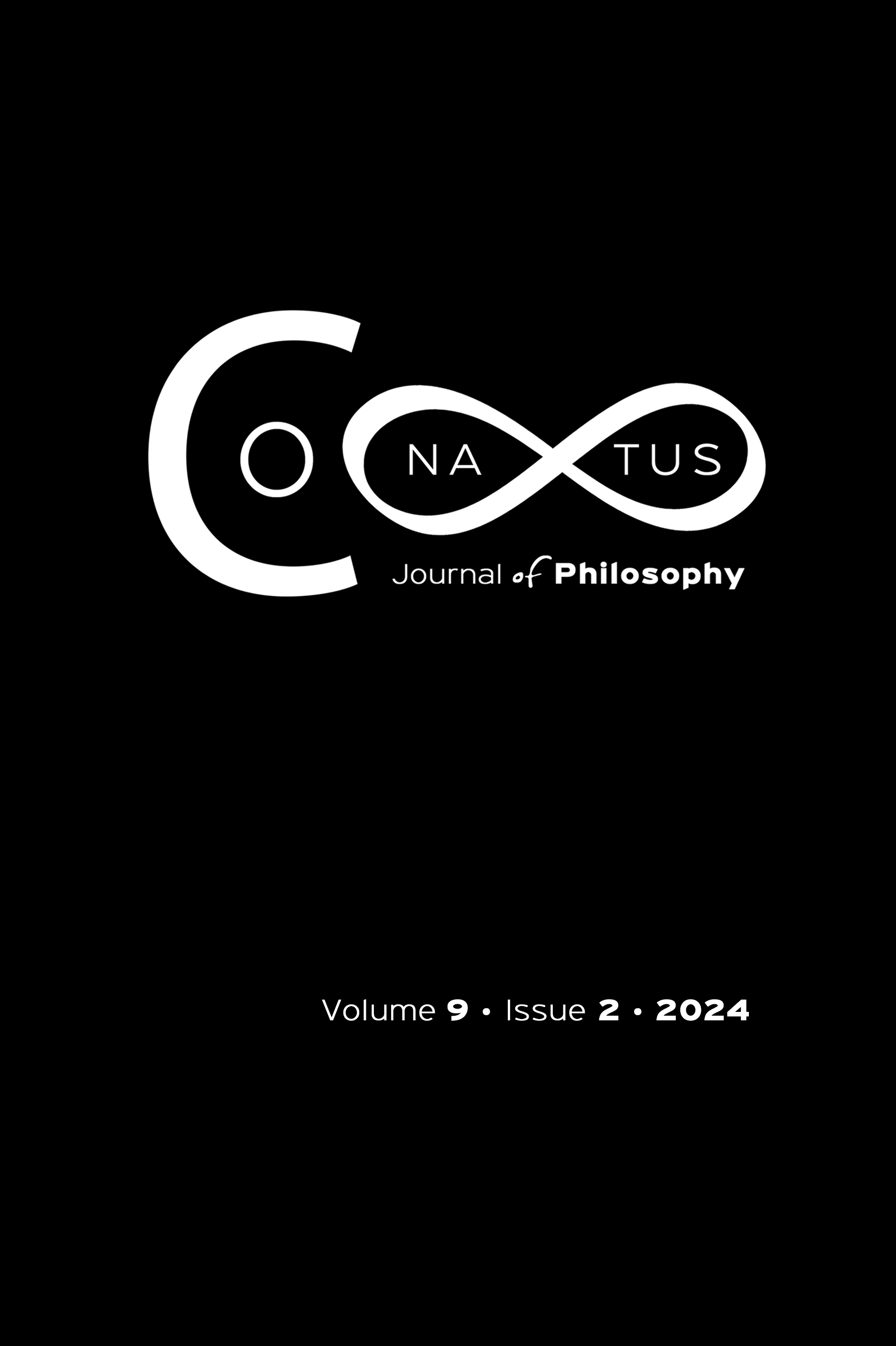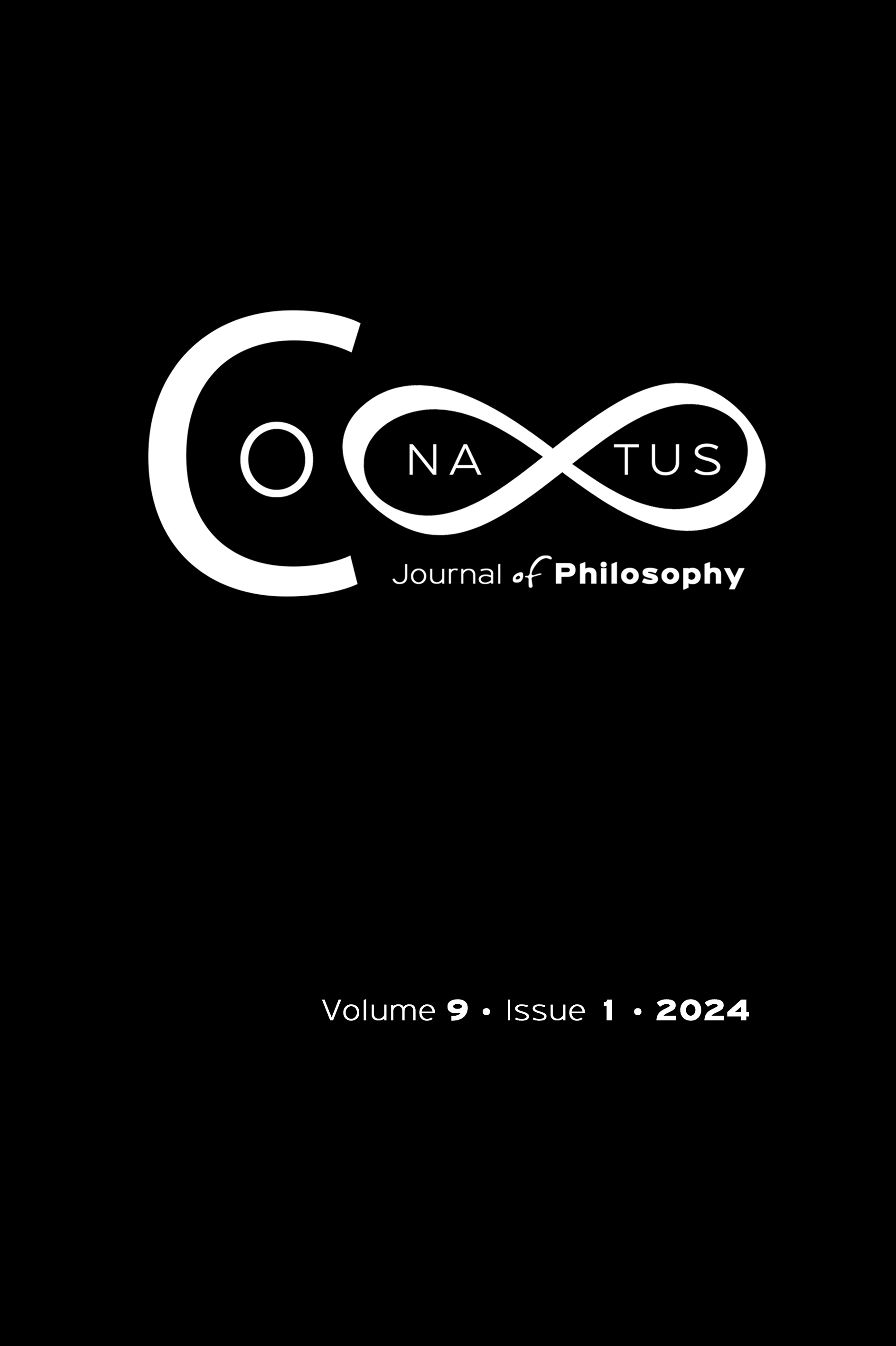The Ethics of War and Peace in Russian Philosophy and the Ethical Consequences of Modern Legal Precedents on Warfare and Armed Forces

Abstract
The first part of the study is devoted to a comparative analysis of the concepts of the Ethics of War and Peace in Russian philosophy and its influence on the world practice of nonviolence. The second part of the study is devoted to analyzing the impact of changes in legislation and law enforcement practice on the moral state of society concerning the Armed Forces and military operations after the collapse of the USSR. In conclusion, a summary of the research is given. The relevance of the ideas of Russian thinkers about the need for a clear definition of the concepts with which we describe reality, the relevance of non-violent conflict resolution, the priority of preserving and developing human-oriented culture, law and morality for the formation of a healthy society with the conditions of the Noosphere are drawn.
Article Details
- How to Cite
-
Minchenko, T. (2024). The Ethics of War and Peace in Russian Philosophy and the Ethical Consequences of Modern Legal Precedents on Warfare and Armed Forces. Conatus - Journal of Philosophy, 9(2), 161–194. https://doi.org/10.12681/cjp.35354 (Original work published December 29, 2024)
- Section
- Articles
- Categories

This work is licensed under a Creative Commons Attribution-NonCommercial 4.0 International License.
Authors who publish with this journal agree to the following terms:
Authors retain copyright and grant the journal right of first publication with the work simultaneously licensed under a Creative Commons Attribution Non-Commercial International License (CC BY-NC 4.0) that allows others to share the work with an acknowledgement of the work's authorship and initial publication in this journal.
Authors are able to enter into separate, additional contractual arrangements for the non-exclusive distribution of the journal's published version of the work (e.g. post it to an institutional repository or publish it in a book), with an acknowledgement of its initial publication in this journal.
Authors are permitted and encouraged to post their work online (preferably in institutional repositories or on their website) prior to and during the submission process, as it can lead to productive exchanges, as well as earlier and greater citation of published work.






